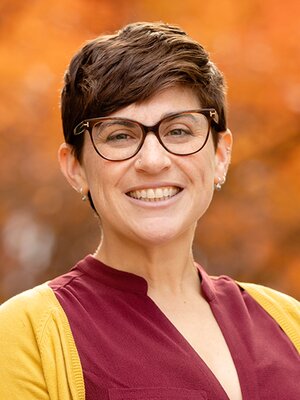
Avital Livny is an Associate Professor in the Department of Political Science.
What is the focus of your current work and/or subject of your current research?
My research asks how religious and ethnic identity impacts the behavior of individual citizens – including their decision to participate in politics, their vote-choice, where they invest their money, and whether they engage in trade – tracing how these vary over space and time. I also consider how politics impacts identity and how we observe it, raising important questions about measurement validity. My interests are deeply rooted in the Turkish case: once the center of the Islamic caliphate, then staunchly secular, and now ruled by an Islamic-based party; once diverse, then homogenized, but with new lines drawn between ethnic Turks and Kurds.
What classes do you teach? What are some of the topics of those classes?
I teaching a series of introductory courses in the comparative politics of the developing world, of the US and Europe, and of the Middle East. I also teach a freshman seminar in comparative identity politics and a graduate seminar on conceptualization and measurement. On top of my regular classes, I also run an undergraduate research internship program, with the support of the Cline Center for Advanced Social Research. Across all of my classes, I encourage my students to become responsible consumers of data -- whether qualitative or quantitative -- and to identify empirical patterns that might lead to important research questions and/or help identify solutions to some of the world's most pressing problems.
Do you have any recent awards, honors, or publications that you would like to highlight?
I am the 2021 recipient of the Larine Y. Cowan "Make a Difference" Award for Teaching and Mentoring in Diversity at UIUC. My book, "Trust and the Islamic Advantage" (CUP) was named a 2022 best book by the Middle East and North African (MENA) Politics Section of the American Political Science Association (APSA). Since 2018, I have been the Principal Investigator of a project "Improving and Integrating Global Diversity Estimates using Transparent Methods," funded by the National Science Foundation.
What is a book (academic or non-academic, in or outside your field) that you think should be more widely read?
"Caste", by Isabel Wilkerson